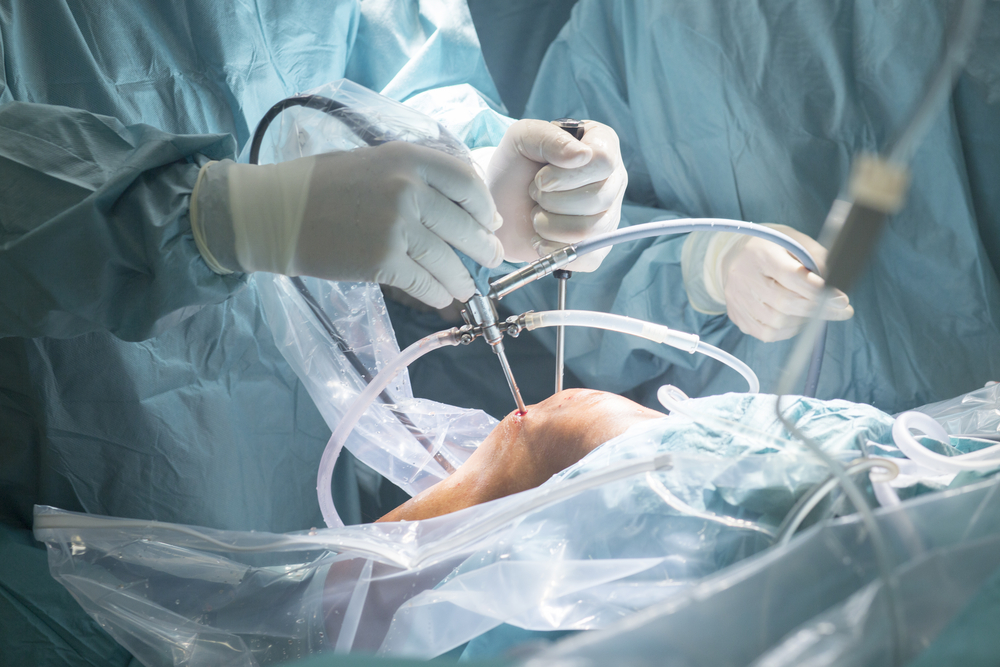
Keyhole surgery, also known as minimally invasive surgery or laparoscopic surgery, has revolutionized the field of medicine. It's a technique where procedures are performed through small incisions, avoiding the need for large, open wounds. Keyhole surgery has grown in popularity due to its many advantages over traditional surgical methods.
The procedure was first introduced in the early 1900s but gained significant traction in the late 20th century. With advancements in technology and surgical instruments, keyhole surgery has become a commonplace procedure today. It's used in various fields of medicine, including gastrointestinal surgery, gynecology, urology, and cardiothoracic surgery.
What are the Basics of Keyhole Surgery?
Keyhole surgery involves making several small incisions in the body, usually no more than a centimeter long. Through these incisions, the surgeon inserts a laparoscope—a thin, lighted tube with a small camera at the end. This device allows the surgeon to view the internal organs on a screen, providing a clear, magnified view of the surgical area.
In addition to the laparoscope, the surgeon uses long, thin surgical instruments inserted through the other incisions. These instruments allow the surgeon to perform the surgery with great accuracy and precision. The small incisions reduce the risk of infection and blood loss, making the procedure safer than traditional surgery.
Keyhole surgery can be performed under general or local anesthesia, depending on the nature and complexity of the surgery. The choice of anesthesia is usually decided by the surgeon and anesthetist, taking into consideration the patient's health and comfort.
The Benefits of Keyhole Surgery
Keyhole surgery offers several benefits over traditional open surgery. One of the most significant advantages is the reduced recovery time. Since the incisions are smaller, the body recovers and heals much faster. Patients often leave the hospital within a day or two and can return to their normal activities sooner.
Another benefit of keyhole surgery is less pain and discomfort post-surgery. The smaller incisions cause less trauma to the body, resulting in less pain. This also means that patients require less pain medication, reducing the risk of side effects associated with these drugs.
Keyhole surgery also leads to less scarring. The small incisions leave minimal scars, which are often barely visible. This is particularly beneficial for patients who are concerned about the aesthetic impact of surgery. Additionally, the reduced risk of infection and complications further enhances the safety profile of keyhole surgery.
Who is a Candidate for Keyhole Surgery?
Not everyone is a suitable candidate for keyhole surgery. Several factors determine whether a person qualifies for this procedure. These include the type and stage of the disease, the person's overall health, and their previous surgical history.
Keyhole surgery is often the preferred method for certain conditions, including gallstones, hernia, appendicitis, and certain types of cancer. However, if the disease is at an advanced stage or if the patient has significant adhesions from previous surgeries, keyhole surgery may not be the best option.
The patient's overall health also plays a crucial role in determining their suitability for keyhole surgery. Conditions such as obesity, heart disease, or lung disease may increase the risks associated with surgery. Therefore, the surgeon will carefully evaluate the patient's health status before deciding on the surgical approach.
Qualifications for Keyhole Surgery
The qualifications for keyhole surgery involve a comprehensive evaluation of the patient's medical history, physical examination, and diagnostic tests. The surgeon will review the patient's previous surgical history, as prior surgeries could lead to adhesions that might complicate keyhole surgery.
Age and weight are other important considerations. Although keyhole surgery is generally safe for individuals of all ages, older adults may have a higher risk of complications. Similarly, while keyhole surgery can be performed on overweight individuals, obesity may increase the complexity of the procedure.
Diagnostic tests such as blood tests, imaging studies, and endoscopic evaluations are also a part of the qualifications for keyhole surgery. These tests help the surgeon assess the disease's extent and plan the surgical approach.
Is Keyhole Surgery Right for You?
Keyhole surgery has undoubtedly transformed the field of surgery, offering a safer, less invasive alternative to traditional open surgery. However, it's essential to remember that not everyone qualifies for this procedure.
For more information on what qualifies someone for keyhole surgery, contact Laparoscopic Surgical Center of New York at our office is in New York, New York. Call (212) 879-6677 to discuss any questions with our team of experts or to schedule an appointment today.

